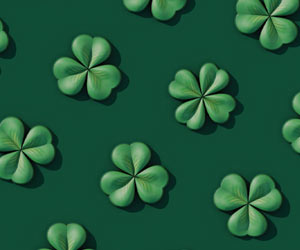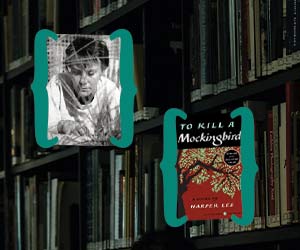V380 Ulysses
Select Format
Select Condition 
Book Overview
Considered the greatest 20th century novel written in English, in this edition Walter Gabler uncovers previously unseen text. It is a disillusioned study of estrangement, paralysis and the disintegration of society.From the Trade Paperback edition.
Customer Reviews
Not as advertised
Not a review of the novel, but of the publisher
Five Star with a Warning: Let the Reader Beware [1][6][9][17]
Ulysses
There is a reason this always tops everyone's list
Ulysses Mentions in Our Blog

It's interesting to look back at the literature that withstands the test of time. We've been looking back over some of the titles that will turn fifty this year. Here are ten memorable books from 1973 and some notes on their significance.

Ireland is no stranger to being home to literary legends, which may partly explain why it's referred to as "The Land of Saints and Scholars." With St. Patrick's Day quickly approaching, what better time to honor these literary legends and highlight some of the best Irish authors?

The New York Times Book Review turned 125 years old. To celebrate their momentous anniversary and their dedicated readership, they asked their readers to nominate the best books of the past 125 years. They took thousands of nominations down to 25 finalists, then that finalist down to one winner.

In celebration of National Novel Writing Month (NaNoWriMo), ThriftBooks enlisted OnePoll to survey 2,000 Americans about their novel-writing (and reading!) tendencies and we uncovered a pretty interesting story. Here are a handful of our key plot points.








